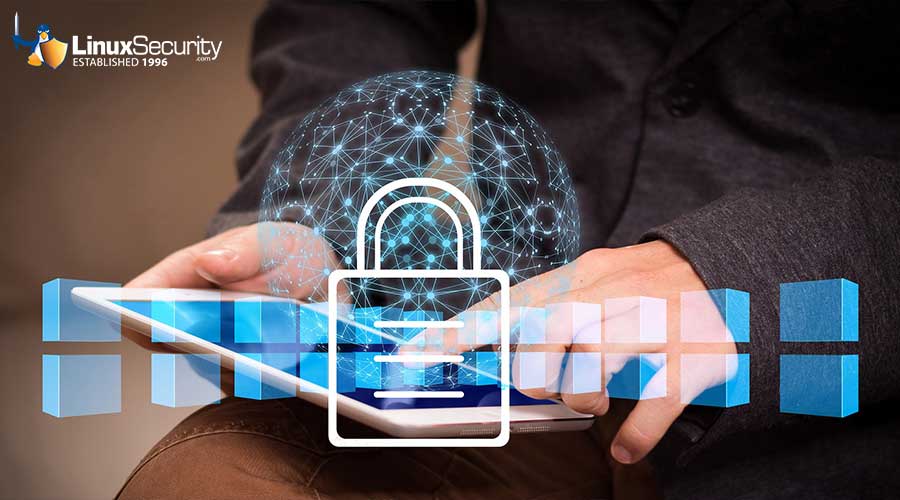Online Theft
It was a harrowing experience, and one worth explaining in the context of the online world. Numerous visits to the local police and the Canadian RCMP revealed some rather surprising things: identity theft is already so common that there are entire units within law enforcement that deal with this issue every day. They have toll-free numbers, websites and documents that clearly define their incident response procedures. But the reality is, law enforcement will respond to these issues just as you might expect: with phone calls, in-person interviews, and some traditional detective work. It's still very much an analog world around us.
The other thing that became crystal clear during the process of regaining my own identity is this: for as capable as they may be, law enforcement is woefully ill-equipped to track down identity theft that starts online. As a security professional with a healthy dose of paranoia, I was confident that my online identity had not been compromised -- a more traditional approach had been used. But with the sophistication of today's viruses, millions of others cannot say the same thing.
The link for this article located at securityfocus.com is no longer available.
























